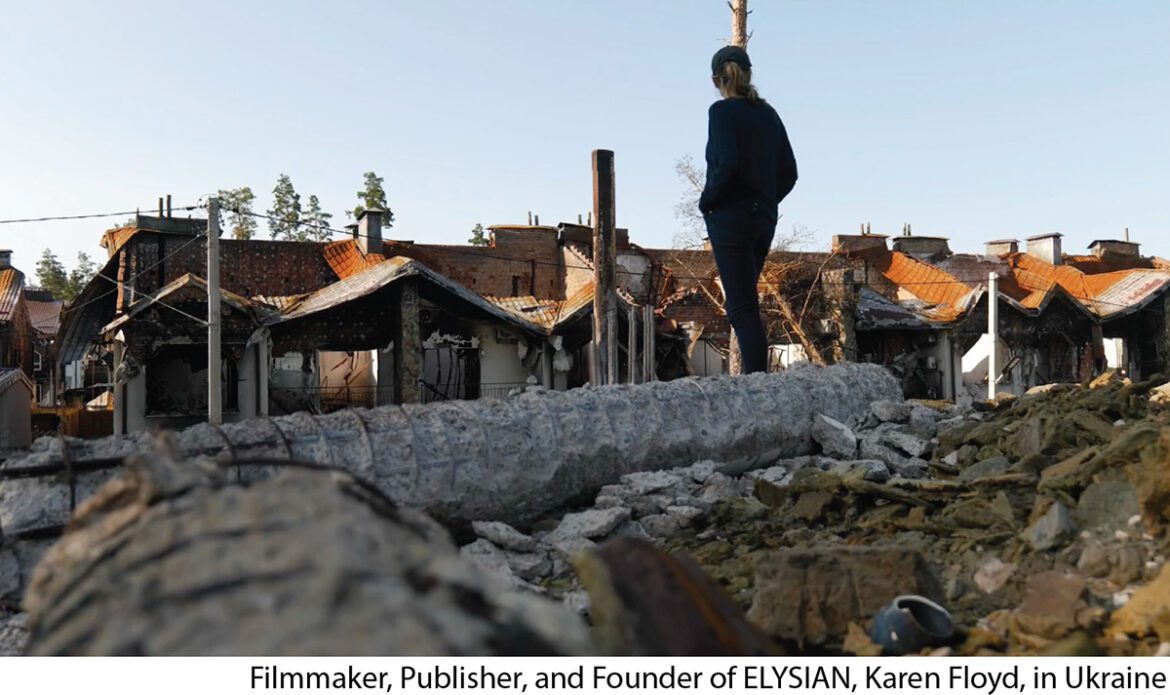As humanitarian crises intensify worldwide—driven by conflict, displacement, and widening inequality—a new generation of elite women is emerging as a formidable force in reshaping global aid. These leaders, spanning philanthropy, law, media, healthcare, and diplomacy, are strategically applying their influence, intellect, and empathy to rethink how humanitarian support is conceived, structured, and delivered. Their vision signals a transformative shift from temporary relief to long-term, systemic change rooted in human dignity and justice.
At the heart of this shift is the understanding that aid must be more than reactive—it must be sustainable, locally empowered, and trauma-informed. Elite women are driving this evolution by supporting initiatives that not only meet immediate needs, but also build capacity, foster resilience, and elevate the voices of those directly impacted. Their methods are grounded in transparency, innovation, and a deep commitment to equity.
Karen Floyd, Founder, Publisher, and Executive Producer of ELYSIAN, embodies this new paradigm. At the Fall 2025 Golden Issue launch in Las Vegas, she will host a powerful two-day event that culminates in a private screening of her award-winning documentary Ukraine: For the Children. The film, which has sparked conversations from the Kennedy Center to the Vatican and was shown to a theater without an empty seat in downtown Charleston, offers an unflinching look at the plight of children in war-torn regions. By humanizing conflict through storytelling, Floyd harnesses the emotional and intellectual power of narrative to provoke global awareness, compassion, and action.
Indeed, storytelling is gaining traction as a powerful instrument in global aid. It is not simply a method of communication but a vehicle for truth, healing, and mobilization. Through film, journalism, books, and digital platforms, elite women are turning firsthand accounts into catalysts for policy change and public engagement. These narratives bring visibility to crises that may otherwise remain ignored and offer a framework for shared humanity that transcends borders and politics.
Philanthropist Melinda French Gates is also leveraging storytelling alongside strategic investment to address one of the world’s most persistent inequalities: maternal mortality. Viewing maternal deaths as “needless,” French Gates has made it her mission to save mothers and babies in the world’s most vulnerable communities. Through the Bill & Melinda Gates Foundation and her organization Pivotal Ventures, she is leading a $370 million annual commitment focused on developing life-saving medical interventions and advocating for global health policy reform. A key part of her strategy includes collecting and analyzing data to identify where within healthcare systems women are dying—and why. She is also exploring the use of AI-powered ultrasounds, which can be operated by nurses and midwives in underserved regions, offering a scalable solution to reduce maternal deaths through earlier and more accurate diagnoses.
In the realm of international justice, Amal Clooney continues to break new ground. The prominent human rights attorney is deeply engaged in legal efforts to secure accountability for war crimes and crimes against humanity. In Sudan, she represents more than 100 victims of atrocities committed by Janjaweed leader Ali Kushayb, who is now on trial at the International Criminal Court (ICC). In 2021, Clooney was appointed as a special advisor to the ICC Prosecutor for the situation in Darfur. Most recently, in 2024, she served on an expert legal panel assessing evidence related to the Israel-Gaza conflict. The panel unanimously recommended arrest warrants for five individuals—including leaders from both Hamas and Israel—underscoring Clooney’s dedication to the rule of law and the pursuit of justice regardless of political context.
Together, these elite women are reframing global aid not as charity, but as a strategic and moral imperative. Through advocacy, innovation, and storytelling, they are amplifying marginalized voices, safeguarding human rights, and inspiring coordinated global action. Their leadership is proving that meaningful change is not only possible—it is already underway.
As crises grow in frequency and scale, the world will increasingly look to women who lead with vision, courage, and compassion. These changemakers are not just rewriting the narrative of global aid—they are redefining what it means to lead in the service of humanity.

